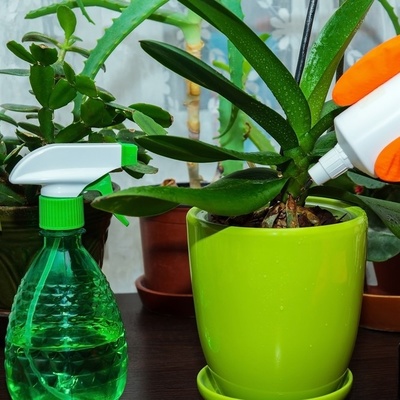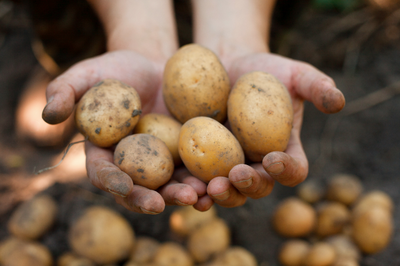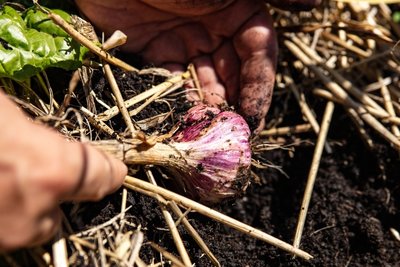
When the garden outside is looking wintry and bare, many of us turn to house plants for a much-needed dose of greenery. Follow these simple guidelines to keep your indoor plants healthy and happy all year round.
Do your research first
Before you buy, decide where you want your plants to go, so you know whether you need plants that prefer light or shade. Check the labels when you buy plants to ensure they’ll be suitable for you.
Our very simple rule-of-thumb is that if you can replicate their natural habitat, you can't go far wrong and your plants will reward you for months or years to come!
Watering houseplants
Don’t overwater. More houseplants are killed by overwatering than any other cause. Don't leave your house plants sitting in a drip tray filled with water unless you’re growing plants native to boggy areas (such as carnivorous plants like sundews and sarracenia). Too much water effectively 'drowns' your plant by removing air from the compost, the roots will rot and eventually your plant will die. Unless it is a boggy plant, water, allow the water to drain through and decant any excess water.
That said, underwatering will also cause problems. It can be tricky to tell whether the compost is dry by looking at it, so check the moisture level below the compost surface with your finger.
Feeding houseplants
There’s no one-size-fits-all rule for feeding plants, but don’t overfeed as this is likely to kill the plant. Different plants have different feeding needs., so check your plant’s requirements and follow the instructions on any specialist feeds you buy. Logically your plant will grow more vigorously when the light levels are best, and will rest in winter when light levels are low. And like all living things, nutrients are most important in the growing phase!
As mentioned at the start, consider your plant's natural habitat, the conditions that will naturally encourage growth and provide feed accordingly.
Houseplant light requirements
While all plants need some light, take care when placing plants on a sunny windowsill. Most indoor plants do best with bright, indirect light and strong direct light on a hot sunny day runs the risk of scorching the foliage.
Easy plants for new house plant growers
If you’re new to growing house plants, try these three ultra-reliable stalwarts:
- The peace lily (Spathiphyllum) is suitable for shady positions and copes well with neglect. You’ll know if you’ve forgotten to water it, as the leaves will wilt, but it’s very forgiving and will revive quickly after watering. Feed once a month with dilute liquid houseplant feed, and wipe the leaves occasionally with a damp cloth to remove dust.
- The spider plant (Chlorophytum) prefers bright but indirect light. Water regularly to keep the compost just moist, and occasionally feed (2-3 times between spring and autumn) with dilute liquid houseplant feed. Spider plants produce little tufts of leaves that can be planted in pots filled with compost and grow into new plants.
- The Mother-in-law's tongue (Sansevieria) – also known as the snake plant, is a striking plant with narrow, upright leaves and can cope with a wide range of light and water levels. Water it when the compost feels dry, and feed once a month in spring and summer with dilute liquid houseplant feed.
We have a fantastic range of house plants in the centre, plus pots, feed and everything else you need. Visit us soon and pick your perfect house plant!
Also available online at https://www.merryhatton.co.uk/plants-for-the-home



